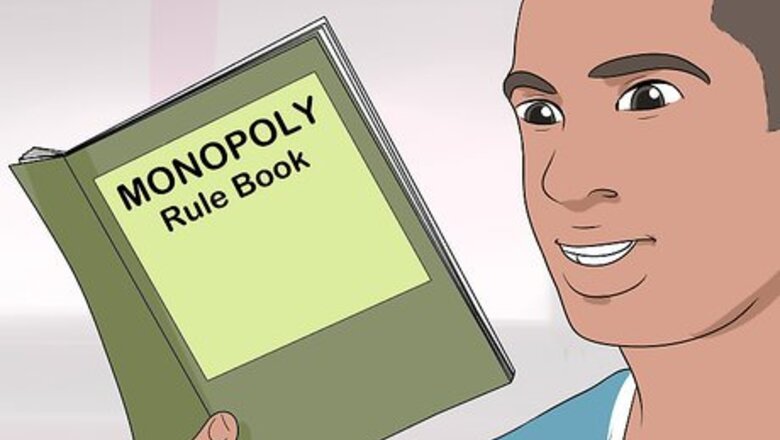
views
Following the Auction Rules
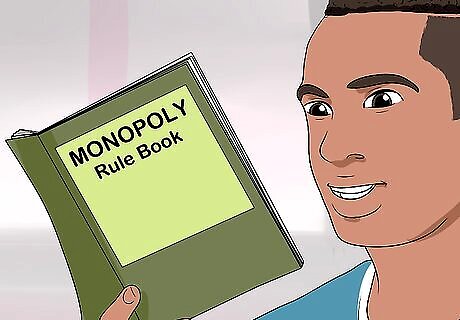
Read the rules before you begin to play. Many people do not play Monopoly according to the rules. This is likely because you were taught how to play as a child and have never actually sat down and read through the rule book. In order to follow the auction rule as written in the rulebook, you should read the rules thoroughly before you play.
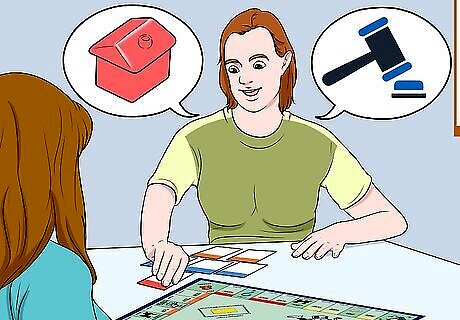
Put a property up for auction if it is not purchased. The rules of Monopoly state that once you land on an unowned property you can purchase the property from the bank at the stated value. If you choose not to purchase the property, then the banker puts the property up for a public auction immediately. The reason for this is to speed up the game so that all properties are sold quickly and the game can progress to the trading and development phase.
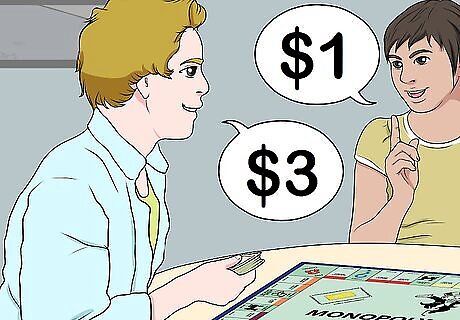
Start the bidding at any price. If a property that is landed on is not purchased and goes up for auction the bidding can start as low as one dollar. All players, including the player who initially passed up the property, are allowed to bid in the auction. The player who originally passed on the property may want to bid in order to jack up the price for an opponent who is seeking that property, or if they are hoping to get the property for a deal.
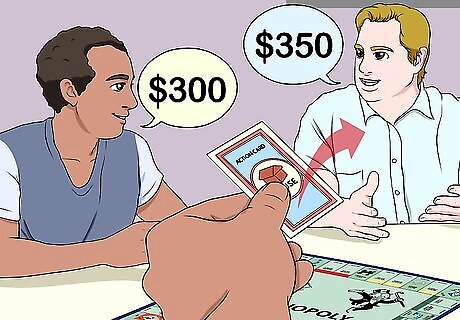
Give the property to the highest bidder. The auction ends once the highest bid is reached. The cost of the property can continue to rise until no one is willing to bid more. For example, multiple players may want the property in order to gain a monopoly over a certain colour and the bidding will increase substantially. Payer one may bid $300 and then player two may bid $350. The auction would end when no one is willing or able to pay more than the highest bid on the table. In this case, if player one did not bid more than $350, then player two would win and pay the bank $350 to acquire the property.
Learning the Strategy of Auctioning
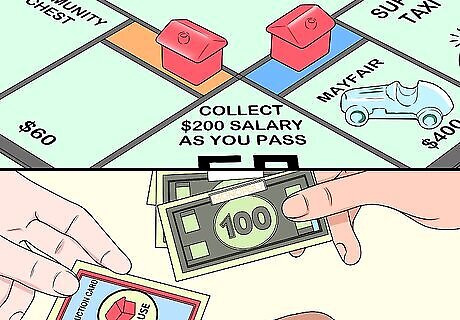
Buy all properties that you land on. Expert Monopoly players rarely pass up an opportunity to purchase a property. This is because the cost of most properties are already reasonable and you will likely end up paying more getting into a bidding war. Auctioning also gives your opponents an opportunity to win a property that you could have later traded to them for higher personal value.
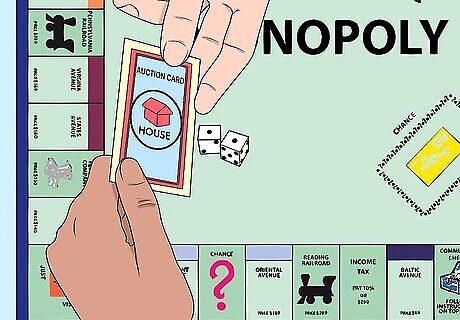
Auction properties only if you can’t afford them. Some Monopoly players will pass up the opportunity to purchase a property because they fear running out of money, or are not collecting that property colour. This is a bad strategy. If you purchase the property, you could trade it later for a property you need or cash. The only time you should ever auction a property is if you can’t afford to purchase the property.
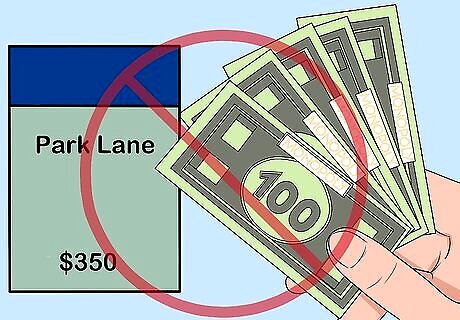
Avoid paying more for a property in auction than it was originally worth. If a property does go up for auction while you are playing Monopoly, try not to get caught up in a bidding war. Always keep in mind the original cost of the property and do not pay more than that price. You may be able to get a property for a deal periodically, but in most cases people will end up paying more for a property through an auction.
Playing with House Rules
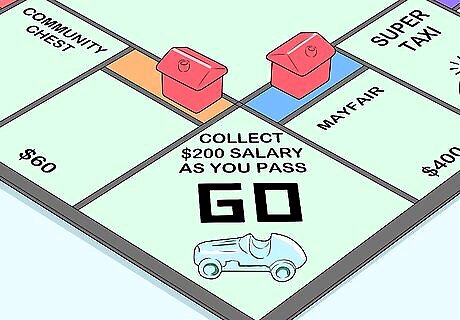
Allow players to pass properties without sending them to auction. Most people do not actually use the auction rule as found in the rulebook. Instead, they alter the rules and play with “house rules.” For example, many people allow players to pass up on a property without sending it to auction. This means that the property will continue to be unowned and can be purchased by the next player who lands on that space.
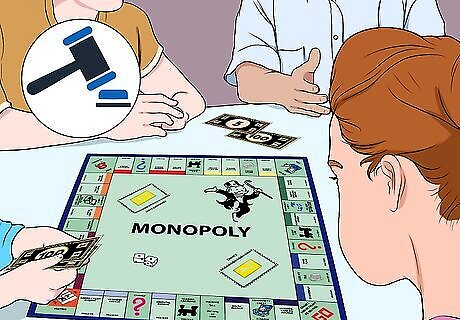
Choose to play full auction monopoly. In the early history of the board game Monopoly there were no fixed prices and each property was purchased through an auction. If you choose to play with these house rules, then anytime a property is landed on, all players have the opportunity to bid on the property. This can be a fun way to play the game because it allows for more interaction between players and can allow players to bluff and trick their opponents into overpaying for certain properties.

Agree on an auction rule before you begin play. If you decide to play with house rules, it is important that you always discuss the rules before you begin playing. All players should come to an agreement on the auction rule that will be followed. This way there will be fewer rule discrepancies during game play.




















Comments
0 comment